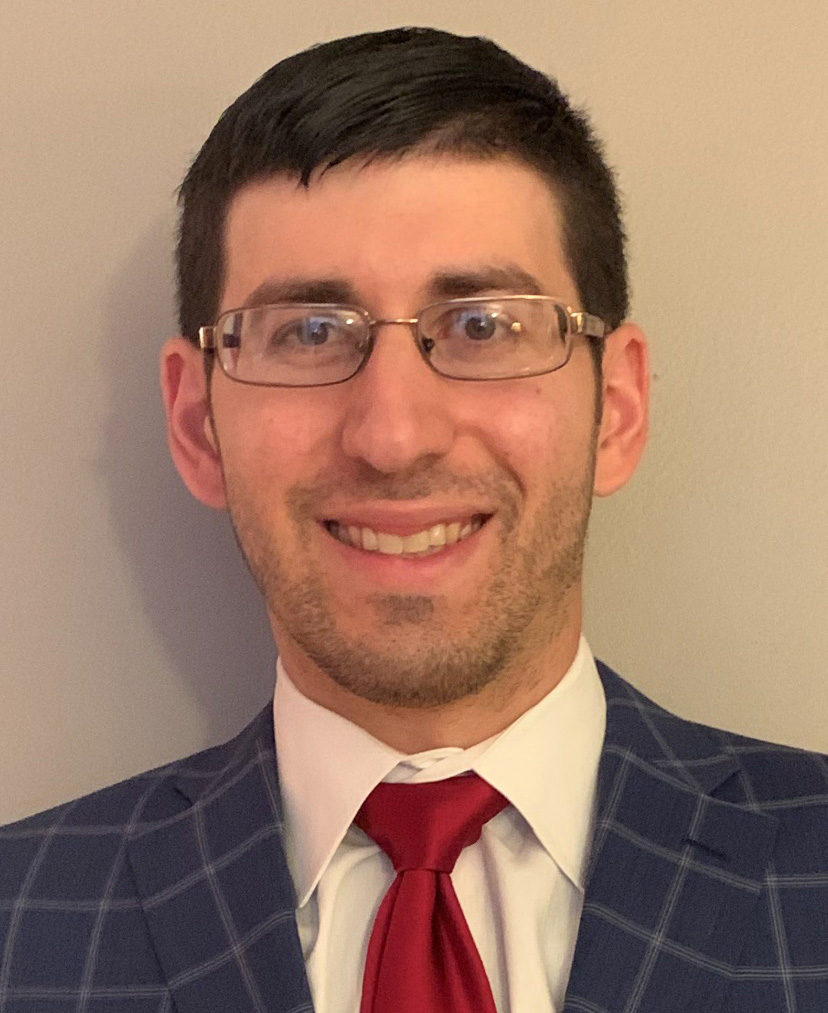However, the industry fails to realize that an attorney’s success often hinges on the success of their counterparts — paralegals — who are in the trenches every day reviewing discovery, producing documents, filing pleadings and scheduling appearances. Surprisingly, paralegals are not subject to the same level of regulation and scrutiny as their attorney counterparts even though paralegals perform many of the same tasks carried out by attorneys.
Regrettably, many stereotypes continue to linger throughout the profession. Some within and outside the industry view paralegals as glorified secretaries, attorney wannabes who lack the aptitude for law school or the types who knowingly engage in the unauthorized practice of the law.
In today’s dynamic legal landscape, modernization is the key to success. Therefore, the legal industry must institute a robust training and development program that advances the paralegal profession alongside their attorney counterparts. The systematic approach outlined below provides solutions that will modernize an antiquated industry.
Modernization requires multilevel industry involvement. Private law firms, government agencies and nonprofit legal organizations must work alongside the various paralegal trade associations, as well as state bar associations, to produce a uniform set of regulations to be adopted industrywide. A three-tiered structure could be the hallmark of any training and development program — general paralegal training at an accredited educational institution, practice area/job-specific training and ultimately licensure by a state bar association — to ensure everyone meets minimum levels of education and experience before one is granted the title of paralegal.
REINVENTING THE PARALEGAL DEVELOPMENT PROGRAM
Tier 1: Find the Best Educational Programs
To begin training, research the various educational programs available. Choose a reputable program that is certified by the American Bar Association, which sets rigorous standards for legal education providers. The provider you choose must have a job placement program where students can receive internship/externship experience, career coaching and mentoring.
By way of example, when I began my paralegal studies (I enrolled in a post-baccalaureate certificate program at Fairleigh Dickinson University in New Jersey) I was fortunate enough to work with knowledgeable and seasoned attorney instructors who were well-versed in their respective practice areas. The students in my program had the opportunity to learn about theoretical concepts of the law in the classroom, while also learning about the practical aspects of working in the legal field through interactive labs and an internship. I worked for a small firm while I completed my studies, and the supportive work environment at that shop was crucial to the success I enjoy today.
Tier 2: Get Job-Specific Training
Support from attorneys is critical to paralegal growth and development. This brings us to the second tier of paralegal training: practice area/job-specific training. Similar to our attorney counterparts, paralegals must have the opportunity to participate in continuing legal education initiatives. Training should focus on an array of legal topics but also on legal administrative ones, such as technology practices, ethics, financial management, research and writing, sales/business development, leadership development, and oral and written communication skills. Training needs to be tailored so that both attorney and paralegal can sharpen their skills, stay up to date on the latest industry trends and drive innovation within their organization.
Firms should encourage their paralegals to broaden their knowledge base and skills because a well-trained paralegal team is beneficial to the organization, the attorney and, ultimately, the client. Furthermore, the presence of a well-rounded paralegal brigade provides a differentiating factor by allowing your firm to close the access gap that exists within the industry. The presence of such a gap brings us to the third tier of paralegal training: licensure.
